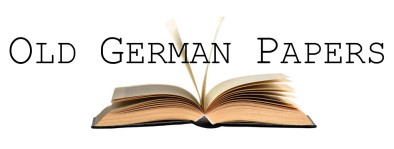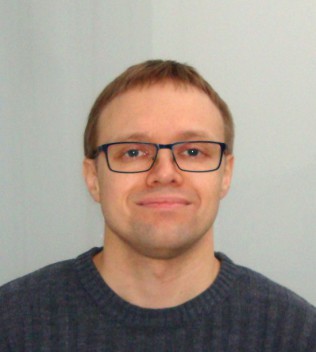What is this?
The language of science
The present status of English as the principal language of scientific discourse hardly bears mentioning. Yet, throughout the nineteenth and well into the twentieth century, German was a dominant, if not the dominant, language of science, next to English and French. The First World War scarcely diminished the productivity of German-language authors, but brought about an increased separation from their western counterparts. Developments in the West were no longer influenced by the Germans. The cataclysmic Second World War, then, sealed the German language's fate, with many German scientists switching to English, often by virtue of moving to the United States.
Between-culture communication
It is unclear whether Gregor Mendel ever relayed his findings on heredity to Charles Darwin. It stands to reason that, if Darwin had heeded Mendel's results, his theories would have gained recognition much more swiftly.
For most of its history, science has been utterly parochial: ideas that obtained in one place were unheard of or scoffed at in another. This may have been largely due to poor means of communication rather than narrow-mindedness. In the twentieth century, however, when neither of these factors should have been prevalent any more, the animosities surrounding both World Wars stepped in to impede cross-culture scientific discourse. It is not surprising, therefore, that many findings obtained by German investigators never made it to the English-speaking world, only to be rediscovered years later by English-speaking researchers.
Although a case can be made that languages with complex grammar, such as Latin or German, are objectively superior languages of science vis-à-vis relatively simple ones such as English, it is not my aim to challenge the dominance of English. Instead, I would like to direct people's attention to the efforts of these early German researchers. It would be grossly unfair if their toils remained forever shrouded in obscurity.


